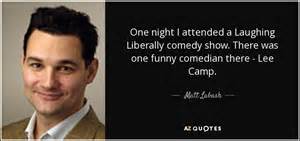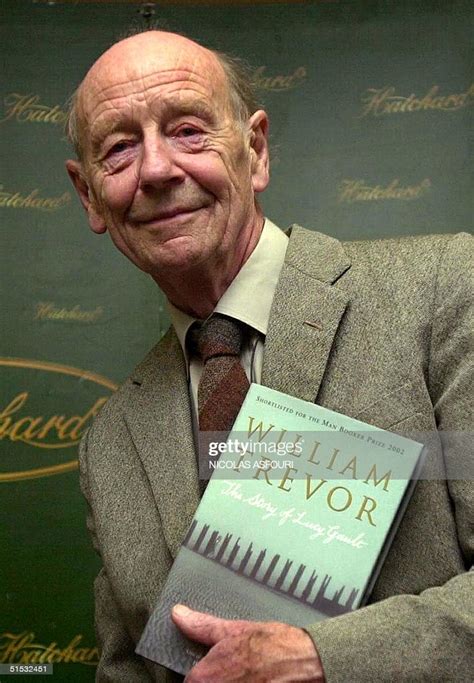A Quote by Katie Kitamura
I can't define myself as a political writer - I don't think I've earned it, and I don't function as a political writer in the way that many of the writers I admire do. It's not simply a question of context, of where I'm writing from - there is much in American society that urgently needs to be written about. I think your work is always engaged with politics in the looser sense of the word - and that looseness is itself a kind of privilege - because politics and culture are evidently intertwined.
Related Quotes
Many novelists say, "I'm not a political novelist" - myself included. That's a standard, even a default position. Whereas that divide between art and politics simply isn't possible in many countries. In Hungary, you couldn't be a fiction writer and then, when asked about politics, put your hands up in the air and say "But I'm not a political novelist." If you're a Chinese novelist, a novelist in a country where censorship is such an issue, how do you claim that politics has nothing to do with your writing? It's in your writing, it's shaping your words.
Using the word ‘political’ in the widest possible sense. Desire to push the world in a certain direction, to alter other peoples’ idea of the kind of society that they should strive after. Once again, no book is genuinely free from political bias. The opinion that art should have nothing to do with politics is itself a political attitude.
I write some art criticism, and one thing that's clear to me is that politics is fashionable in the American art world in a way it maybe isn't in American fiction. Your work of art becomes fashionable the moment it has some kind of political commentary. I think this has its dangers - the equation between fashion, politics, and art is problematic for obvious reasons. Nonetheless, the notion of politics as being de rigueur in the world of fiction is almost unthinkable. In fiction in America at the moment, the escape into whimsy is far more prevalent than the political.
I think that very often younger writers don't appreciate how much hard work is involved in writing. The part of writing that's magic is the thinnest rind on the world of creation. Most of a writer's life is just work. It happens to be a kind of work that the writer finds fulfilling in the same way that a watchmaker can happily spend countless hours fiddling over the tiny cogs and bits of wire. ... I think the people who end up being writers are people who don't get bored doing that kind of tight focus in small areas.
I think I've yet to do the big heave is because New York editors tend to think D.C. guys like me want to do political stories. And I hate politics for its own sake. Politics are so... I don't know, political. Which is an odd thing for a guy to say, I suppose, who has worked at a political magazine for fourteen years.
Politics becomes a part of a writer's working life. The writer's protagonists are born in the context of the feelings that this atmosphere evokes. How can writers separate themselves from these feelings and create protagonists that come from Mars? Even writers who only write about psychological or internal issues or about love are writing under their prevailing atmosphere, and their writings will take on the hue of the time, place, and mood of their environment.
I always wanted to be a scientist. I don't really have any writer friends. The process of being a writer is much more interior than being a scientist, because science is so reactionary. I think that all research scientists think of themselves as belonging to a grand tradition, building on work that has been worked on since the very beginning of science itself. Whereas I'm not sure writers think of themselves in the same way.
If you're a status quo writer, you're considered to not be political but that's as political as if you're a progressive writer. Some politics are asked to show their passports and others aren't. In the Dominican Republique, if you're slightly progressive, people have a lot of suspicions that you're up to some sort of conspiracy, that this is some sort of plot. On the other hand, if you're conservative and mainstream, people tend to take that as a given and don't notice the politics.
Evidently, there are many great American writers. But sometimes it can feel as though American fiction is dominated by relatively linear narrative form, with a heavy emphasis on psychological realism. If you limit yourself to a certain kind of American literary fiction, it's easy to forget about the different kinds of books that are being written. You can forget to be ambitious, both as a reader and a writer.
There's the fact that American fiction is basically the most apolitical fiction on the globe. A South American writer wouldn't dare think of writing a novel if it didn't allude to the system into which these people are orchestrated - or an Eastern European writer, or a Russian writer, or a Chinese writer. Only American writers are able to imagine that the government and the corporations - all of it - seem to have no effect whatsoever.
Elites are inevitable in politics. That is how politics is going to work. The question is, are your elites responsible, public-spirited? Do they think about the interests of others, not just themselves? And the story of Western politics since the beginning of the century is that as elites become more separated, more selfish, as they leave behind their populations and don't think about them, they become discredited. And the people look for alternatives. But the alternative is worse. Those rules of the game protect us all. And they are more precious than almost any political outcome.
As a writer one doesn’t belong anywhere. Fiction writers, I think, are even more outside the pale, necessarily on the edge of society. Because society and people are our meat, one really doesn’t belong in the midst of society. The great challenge in writing is always to find the universal in the local, the parochial. And to do that, one needs distance.


































